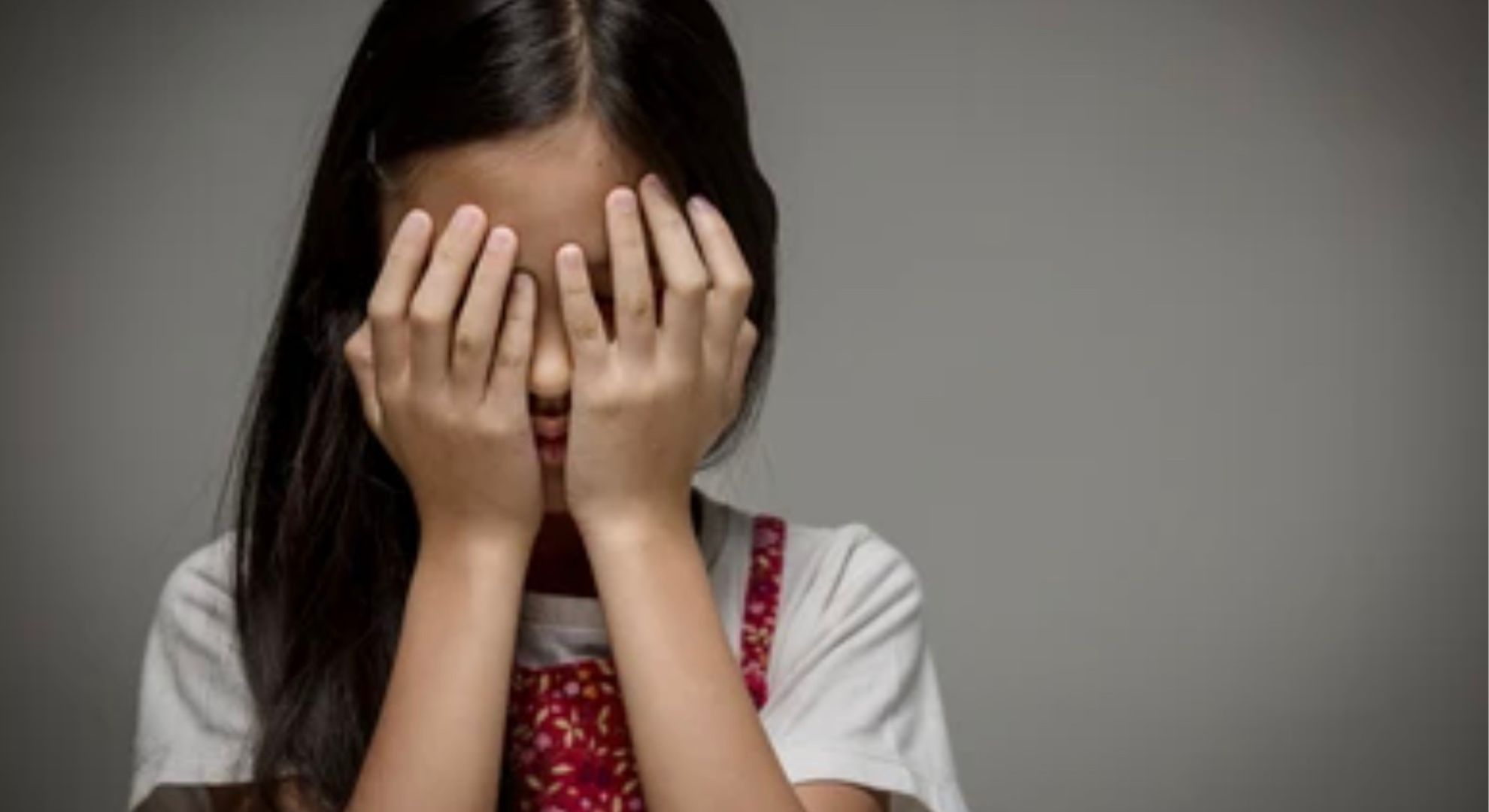You know how some of us have been told that we’re “mature” for our age? Yeah, so other than that being the effect of (possible) childhood trauma, that’s also an effect of being a “parentified child.”
By “parentified child” we totally mean “a child that’s been turned into a parent by their own parents.” That’s thanks to a huge amount of responsibility and emotional burden that’s been shoved on a child and can hinder their development.
In normal, healthy, and usual parent-child relationships, the parents are the givers while the children are receivers; parents are the ones who provide unconditional love, care, and a space for their children to grow and learn. But, in cases of this thing we call as “parentification,” it is the complete opposite.
In “parentification,” parents are the ones who depend on their children for emotional and/or even practical support. Children, on the other hand, are the ones who voluntarily take on this responsibility as a way to preserve a close relationship with their parents.
This phenomenon and word was coined by Hungarian-American psychiatrist Ivan Boszormenyi-Nagy, who was one of the pioneers in the field of family therapy. Experts in the field have also determined two main types of the parentification phenomenon: instrumental and emotional.
Here’s what distinguishes one from the other:
Instrumental parentification happens when a child takes on responsibilities such as taking care of siblings or relatives, taking on household chores like cleaning, cooking, and grocery shopping, paying the bills, taking on the role of caretaker for parents with disabilities, illness, or mental health disorders, or being the “translator” for parents if the family had immigrated from another country and the parents do not speak the language.
Emotional parentification happens when children provide emotional support to the parents such as listening to their parents talk about their problems, giving advice, mediating between a parent and another member of the family, and being the parent’s “confidante.”
Other experts have also identified other forms of “parentification”: Adaptive parentification, Destructive parentification, Parent-focused parentification, and Sibling-focused parentification.
So, why does “parentification” happen?
According to experts, this can happen when a parent has been “compromised” physically or emotionally, such as: being neglected or abused as a child, suffering from a mental health illness, suffering from substance use, suffering from a serious medical condition. “Parentification” is said to also happen when parents have been divorced or one has died, parents have trouble integrating into a new society following their immigration, or if the family is experiencing financial setbacks.
How can one determine if a child has been “parentified”?
A parentified child can exhibit these symptoms, as determined by experts: stress and anxiety, symptoms of headaches or stomachaches, disruptive behavior such as being aggressive, experiencing academic difficulty, and social challenges, and a reluctance to participate in activities where children of their age take part.
In teens, these tendencies manifest in these ways: ignoring their feelings, self-blame, the feeling of having “lost their childhood,” substance use, depression, suicidal thoughts, and compulsive overworking.
Now, knowing all of these, what then are the long-term effects of this phenomenon? Can this be considered as a “trauma”?
Adults who were “parentified children” may experience some challenges in different aspects of their lives, such as relationship-building, where they may have trouble trusting others and may even prefer to be self-reliant. At the same time, research in 2019 reveals that this can become intergenerational, meaning this could turn into a never-ending cycle within the family.
Challenges can also be experienced in an adult’s physical and mental health, where research in 2018 suggests that having an unpleasant childhood increases the chances of developing physical and mental health issues.
The bottom line? Yes, this can be considered a trauma.
With all of that being said, how do we stop this cycle of parentification once we all turn into better adults?
First and foremost is awareness. No problem can be resolved if it isn’t acknowledged and made aware of. Thus, making it crucial to begin the process of breaking the cycle. From there on out, it’s defining boundaries, constantly working to make ourselves better, and healing.
Keep your heads up, fellow trauma-riddled Gen Z-ers and Millennials! Let’s all break this cycle and become better for future generations.
Other POP! stories that you might like:
‘My loneliness is killing me’: Loneliness is as harmful as smoking 15 cigarettes a day, says study
‘Dinagdagan kasi ginalingan’: How ‘performance punishment’ affects workers and employees
Kathryn Bernardo inches up to Anne Curtis in number of Instagram followers
Recent Family Feud PH episode proves that some are still falling behind in gender sensitivity
Filipino social media users call out state university for ‘insensitive’ remark toward NLE taker



